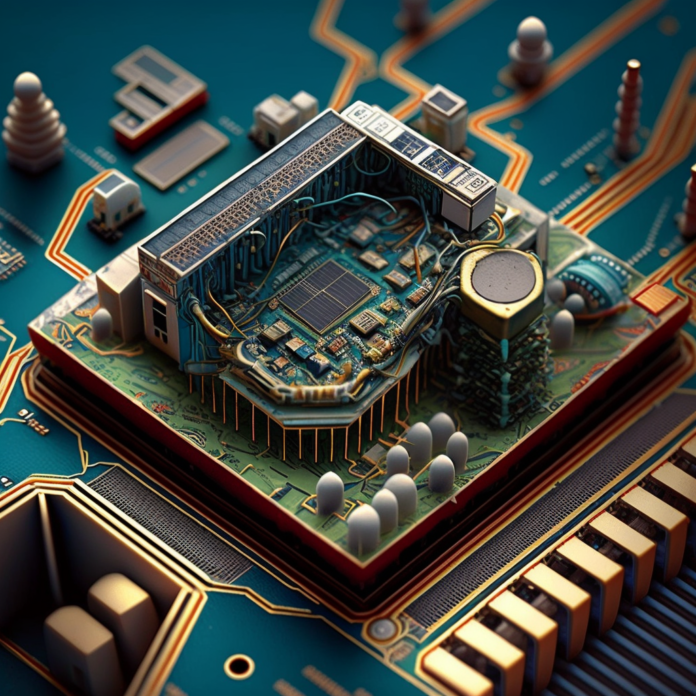In a significant move towards mutual cooperation on sensitive technology, Brazil and China have agreed to form a working group on semiconductors. The Brazilian President, Luiz Inacio Lula da Silva, met with Chinese leader Xi Jinping, where they signed 15 agreements or Memoranda of Understanding (MoUs) to boost cooperation between the two countries.
In the wake of increasing tensions between China and the United States and European countries over information technology, Brazil seeks to strengthen its ties with Beijing. The agreements include cooperation in the development of technology for 5G telecommunications, the internet, cybersecurity, and the construction of a sixth satellite to monitor the Amazon.
The partnership is expected to pave the way for Brazil to attract more Chinese investments in technology development. Despite the US government’s distrust of Chinese tech products, Brazil is interested in Chinese investment and is even willing to allow the installation of a Chinese semiconductor factory in the country.![]()
Brazil’s foreign policy advisor Celso Amorim, in an interview with Reuters, stated that Brazil is keen on developing semiconductor technology in collaboration with China. This joint venture will involve public, private, and academic institutions conducting research and development activities together, as well as the exchange of scientists and scientific papers.
Furthermore, both countries are exploring mechanisms to promote bilateral cooperation in scientific and technological research and industrial innovation. As part of this, Brazilian President Lula visited Huawei’s research center in Shanghai, where he learned about the company’s technology and even tried on its virtual reality headset.
The establishment of a working group for cooperation on semiconductors between Brazil and China marks the beginning of a new era of technological innovation. While other countries have banned Chinese products for security reasons, Brazil seeks to embrace Chinese investments and partnerships in this field. It is expected that this joint venture will bring immense benefits to both countries and promote bilateral cooperation in scientific and technological research and industrial innovation.




